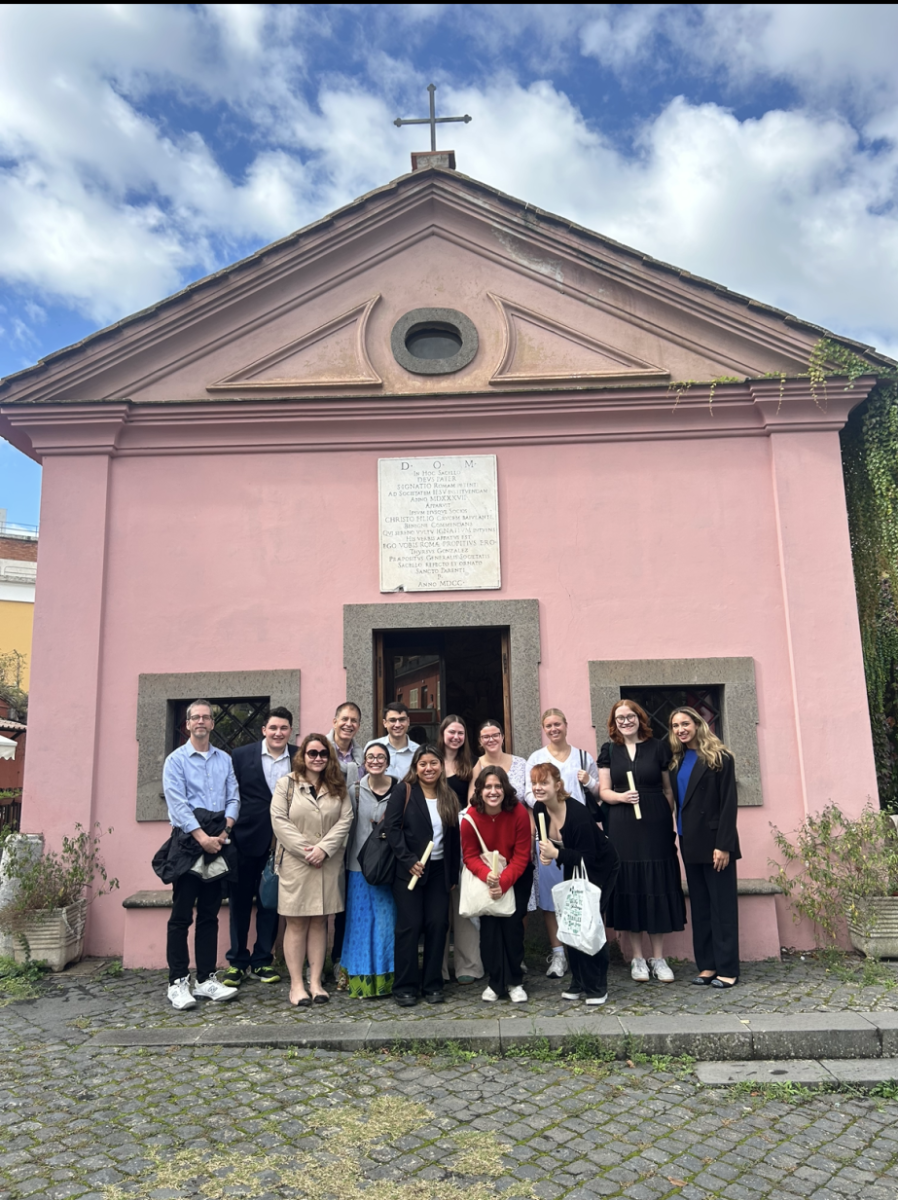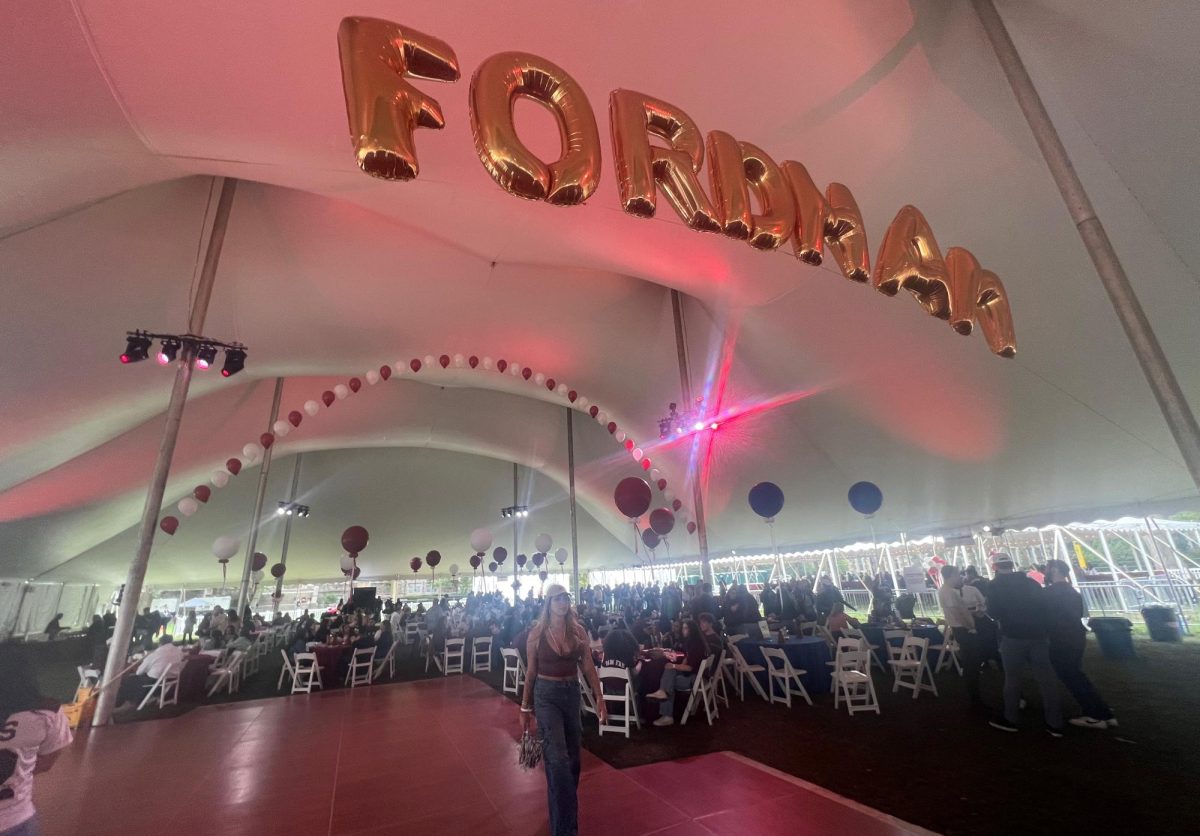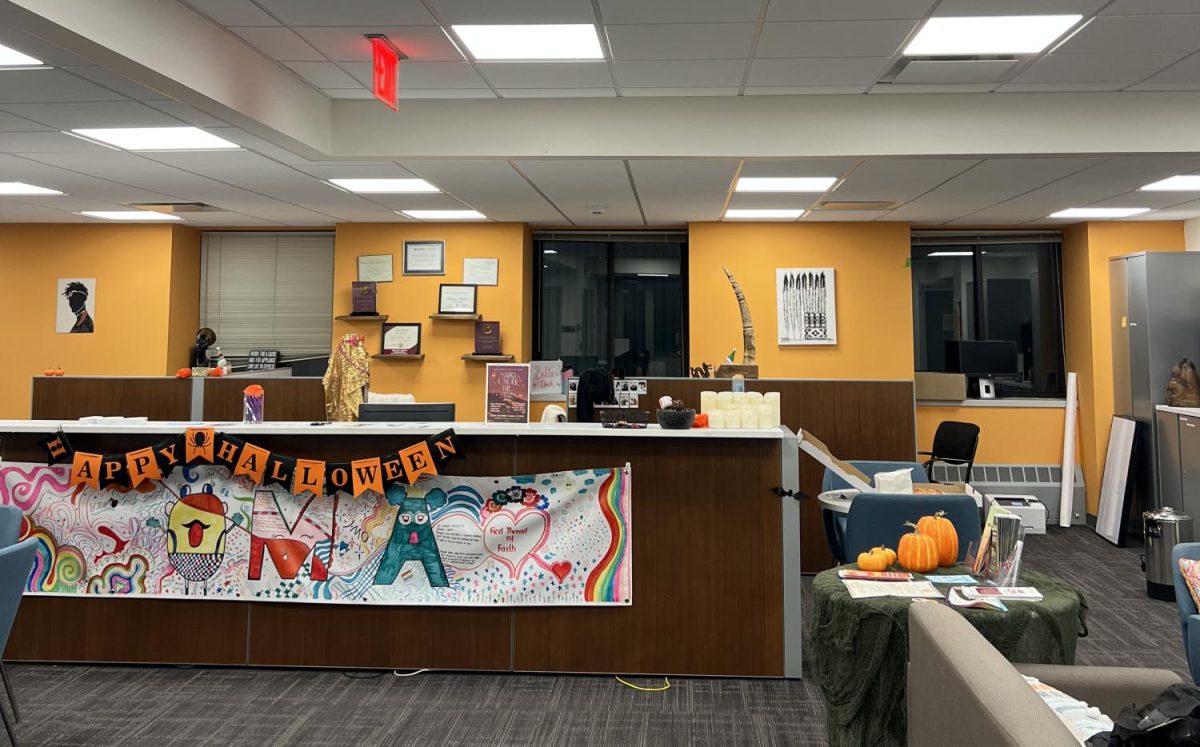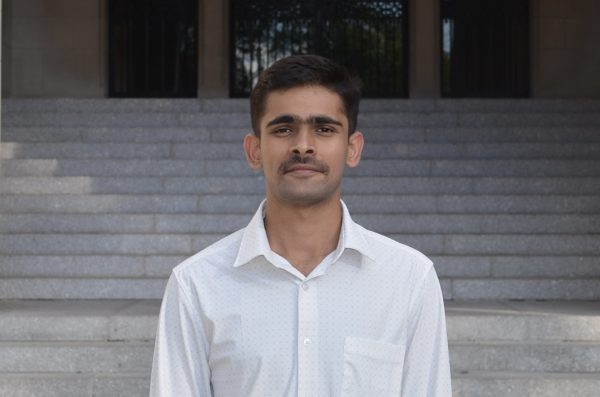A delegation of 11 Fordham University students, led by Dr. Michael Lee, professor of theology and director of the Curran Center for American Catholic Studies, and Vanessa Rotondo, deputy chief of staff to President Tania Tetlow, embarked on a transformative pilgrimage to Rome to engage in Pope Francis’ Synod on Synodality from Oct. 11 to 19. Rooted in the concept of synodality, this Synod emphasizes Pope Francis’ goal of creating a more inclusive church through attentive listening, sharing and discernment among its members. Synodality represents a shift toward collaborative decision-making and unity within the Catholic Church. For the Fordham delegation, the experience provided a significant connection to the global church and a deep reflection on the diversity within Catholicism.
Preparation for the Synod on Synodality involved both practical and spiritual elements. Students engaged in weekly sessions on topics like Vatican II, Synod history, Ignatian spirituality and global Catholic perspectives. This foundation helped Fordham’s delegation understand synodality’s purpose and approach the experience with open minds. Lillian Mercado, FCRH ’27, said she found that learning about early Christianity and Vatican II made the pilgrimage especially impactful. Reflecting on how the classroom setup mirrored the synodal process, she noted, “We sat at round tables, communicated openly and shared meals together.”
Bradley Birne, FCRH ’27, said the journey to Rome was filled with meaningful experiences, but one moment stood out above all: seeing Pope Francis speak at a general audience. “Pope Francis is the living leader of the Catholic Church, so being able to see him speak was astonishing,” Birne said. He described the experience as “a surreal moment,” capturing the profound connection between faith and leadership embodied by the Pope.
“Being in the presence of someone who has such a profound impact on millions around the world brought a whole new depth to my understanding of the church,” Birne added. For him, the audience was not just a highlight of the trip but a deeply spiritual encounter that underscored the significance of the Synod’s message on unity and inclusivity within the church.
Nadia Blouin, FCRH ’25, found that her academic preparation for the trip came to life in unexpected ways. Her study of Catholic history and the synodal process equipped her to engage meaningfully with delegates and appreciate the complexity of their discussions. “The way we perceive the Catholic Church and the way it influences its followers is constantly evolving,” she said. For Blouin, witnessing the convergence of tradition and progress within the Synod revealed a church not only rooted in history but also adapting to contemporary needs, embodying a mission that resonates globally.
Gabriella Chinnici, FCRH ’27, found that her experience at the Synod challenged her preconceptions about finding peace and belonging in traditional sacred spaces. While she had anticipated a profound sense of tranquility at places like St. Peter’s Basilica, she was instead met with feelings of “chaos and intimidation,” realizing that her connection to faith wasn’t confined to any particular location. “Peace does not come from a specific building or site but rather… from within,” she said. Chinnici’s journey underscored for her that the heart of the church lies in its people and the community they create together, not in physical spaces alone. This revelation deepened her appreciation for the church as a spiritual home that lives within the shared experiences and relationships of its members.
The Fordham delegation returned from Rome with varied reflections on the future of synodality in the church. While many found inspiration in the Synodal process as a bridge for global Catholicism, they also recognized its complexities. For Hailey Baker, FCRH ’27, the pilgrimage’s spiritual aspect brought to life the vision of “walking together.”
“Being in Rome helped me see synodality as more than just a concept; it’s a call to unity in faith, despite our differences,” Baker shared. She was struck by the diversity of opinions within the church, noting that not all Catholics embrace synodality’s progressive aspects. “I spoke with students and delegates who questioned how the church could honor traditions while still moving forward,” she said. This experience deepened her understanding of the church’s effort to balance tradition with openness to change, a tension she believes will shape Catholicism’s future.
As the Synod on Synodality calls for a church united in mission yet reflective of diverse regional perspectives, questions arise about its future direction. This year, Fordham distinguished itself through its active involvement. Fordham’s leadership in last year’s Synod inspired 33 other institutions to participate this year, including Jesuit universities like Georgetown University, Santa Clara University and Loyola University Chicago, contributing to a greater dialogue among Catholic institutions. “It was gratifying for us to hear that Fordham was a pioneer and model for other schools,” said Lee.
“There are many uncertainties about the future of the global Church, but the future relies on engaging our students in such events,” added Rotondo. Through experiences like these, students gained the opportunity to shape a church that seeks to “walk together” while respecting the distinct paths of its many communities.
Editor’s Note: A previous version of this article incorrectly stated that Dr. Michael Lee is an adjunct professor. Lee is a professor of theology and director of the Curran Center for American Catholic Studies.












































































































































































































Anonymous • Nov 4, 2024 at 8:37 am
Dr Michael Lee is a full professor and Director of the Curran Center for American Catholic Studies.